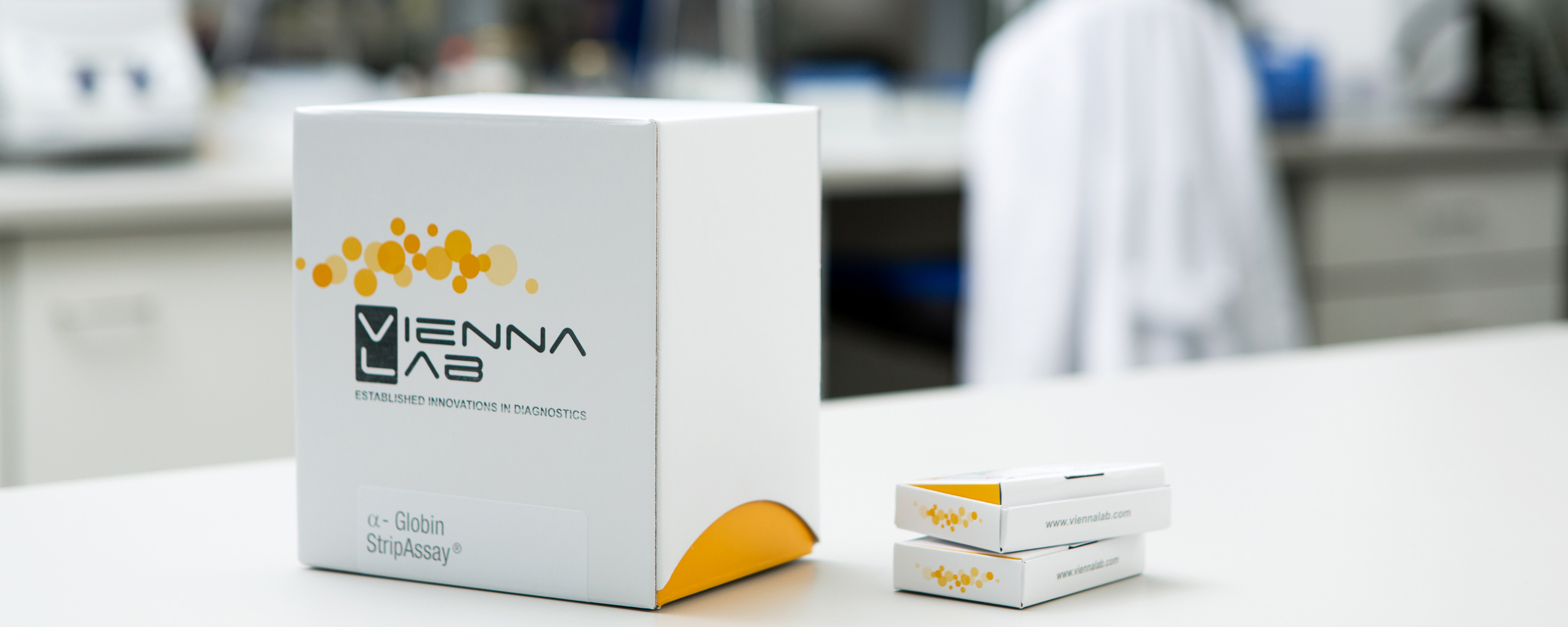Carbamazepine is an anticonvulsant commonly prescribed for the treatment of epilepsy, bipolar disorder and trigeminal neuralgia, but can also cause severe cutaneous adverse reactions in patients who are positive for variant alleles HLA-A*31:01 or HLA-B*15:02. ViennaLab RealFast™ Assays discriminate between the presence or absence of these alleles and thus are a tool to prevent hypersensitivity reactions.
HLA-A3101 & HLA-B1502
- In approximately 5% to 10% of individuals carbamazepine can cause hypersensitivity reactions of which Stevens-Johnson syndrome (SJS), toxic epidermal necrolysis (TEN) and severe drug reaction with eosinophilia and systemic symptoms (DRESS) are among the most critical adverse effects.
- The human leukocyte antigen allele HLA-B*15:02 is strongly associated with carbamazepine-induced SJS/TEN in many Asian populations, where the prevalence of the allele can be up to 25%.
- Unlike HLA-B*15:02, the HLA-A*31:01 allele is associated with a wider range of carbamazepine-induced hypersensitivity in diverse populations.
- According to the Clinical Pharmacogenetic Implementation Consortium (CPIC), patients carrying the HLA-A*31:01 or HLA-B*15:02 allele should be excluded from carbamazepine therapy.
- HLA-B*15:02 testing in patients treated with carbamazepine is recommended by the FDA.
- HLA-A*31:01 / HLA-B*15:02 genotyping of patients prior to starting therapy can significantly reduce the incidence of severe hypersensitivity reactions.
pdf
Productnote 04: HLA-B1502
pdf
Productnote 05: HLA-A3101








